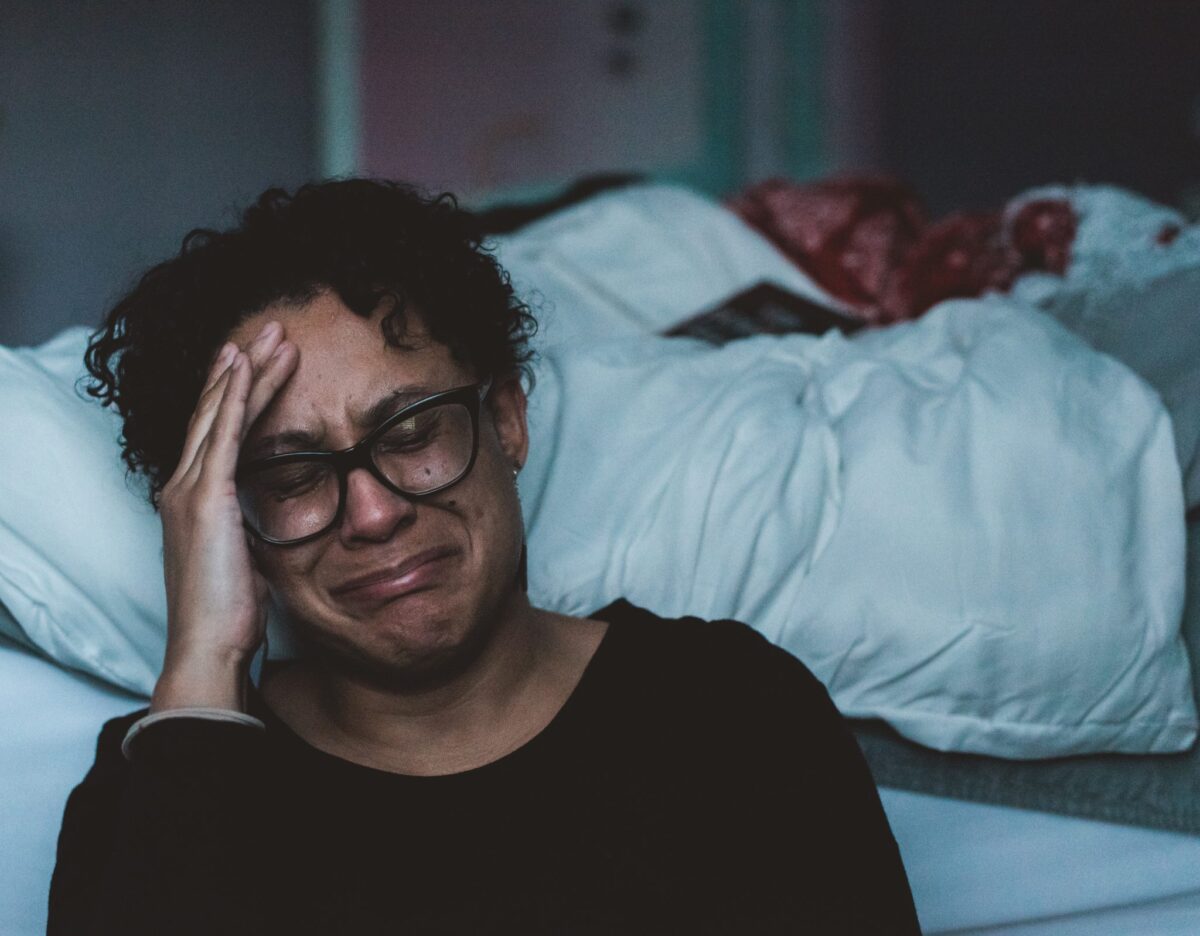
After tragedy, brain needs to heal
After tragedy, brain needs to heal.
Two reactions seize people in the face of a horrific event like the mass murder of little children in Newtown, Connecticut.
The first is shock, the second is a rush into activity. The reason we rush into activity is to escape the numbness of shock and the pain that follows it. But if we bury ourselves in every detail of the story, staying glued to the TV, reliving the event in our imaginations and obsessing over the meaningless of violence, we may be working against the healing process rather than helping it.
Medical science knows a lot more about the effects of trauma on the brain than it did even five years ago. One salient point is that post-traumatic stress disorder, or PTSD, affects not just the immediate victims of violence, whether in war or the result of crime, but also bystanders and witnesses.












